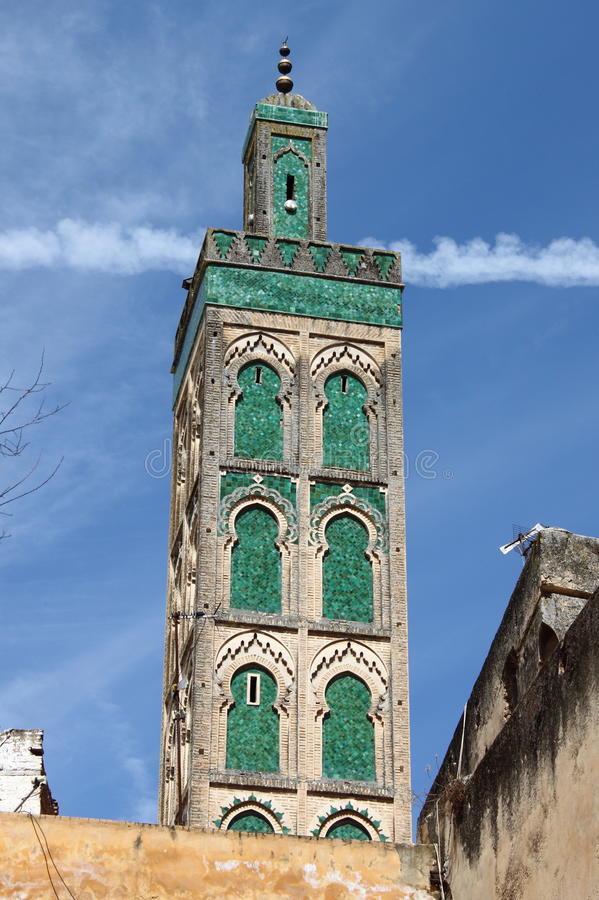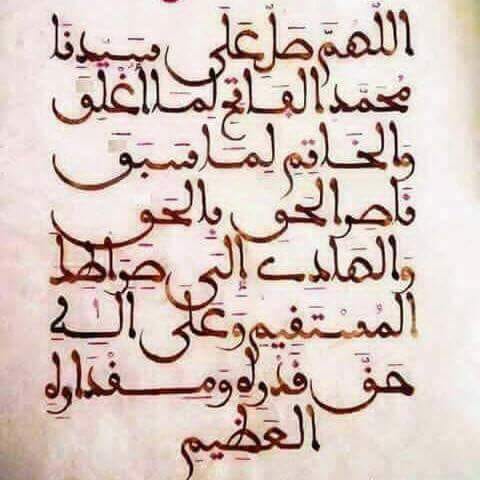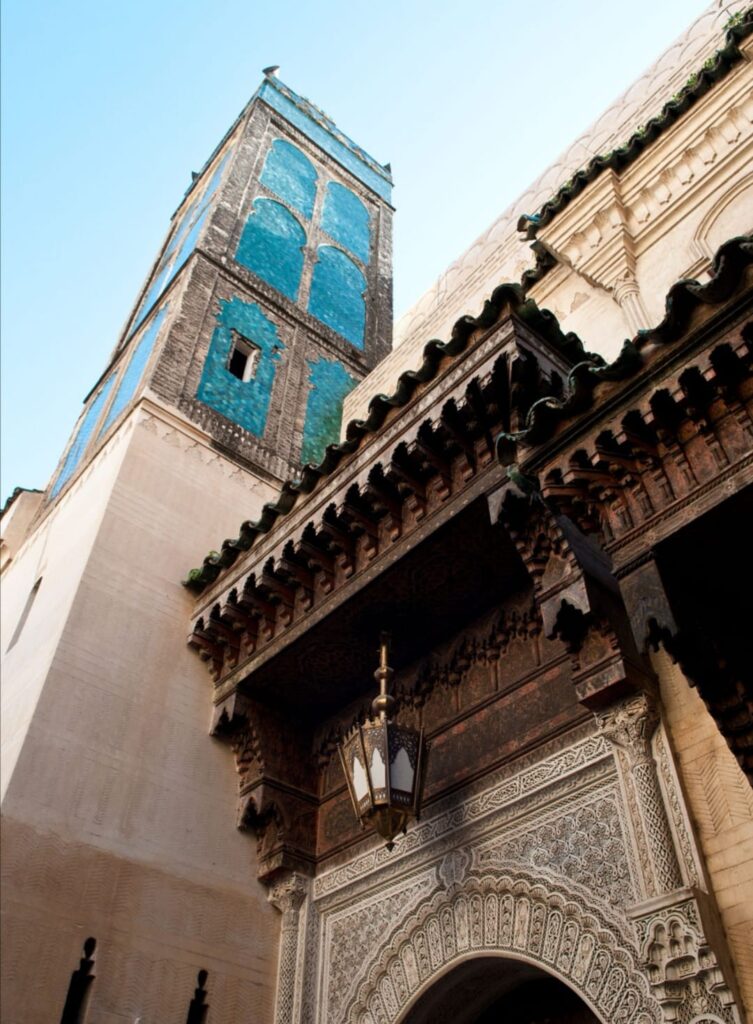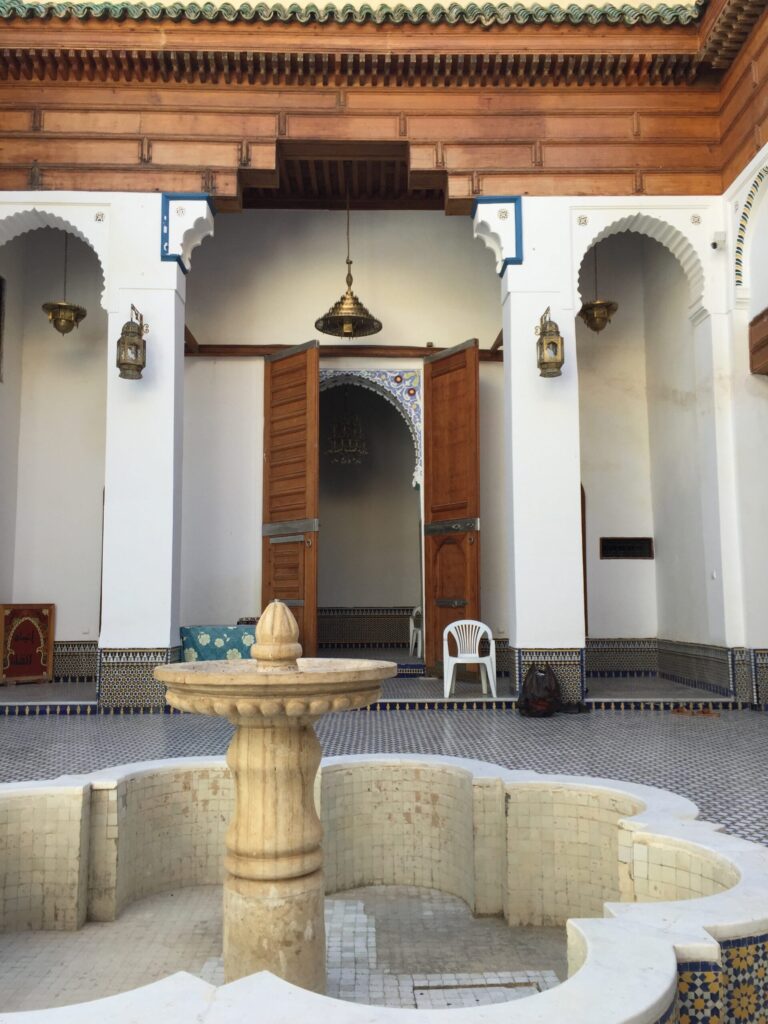The kalam Allah al-qadeem are not only the Holy Qur’an. All the holy books are also from the pre-eternal Speech of God. The Qur’an is only that which was meant to be the Qur’an.
The Salat al-Fatih is obviously not part of the Exalted Qur’an, nor equal to it in status. This has been stated again and again by our Tijani scholars.
However, as confirmed by Shaykh Ahmad Sukayrij in one of his letters, the wording of Salat al-Fatih reflects the eternal meanings of Allah’s salutation to the “Muhammadan Reality” (haqiqa al-Muhammadiyya). The Qur’an confirms that this salutation is eternal: Yusallun ‘ala l-Nabi, “He is (in an ongoing state of) praying on the Prophet” (Qur’an, 33:56).
The Salat al-Fatih as we recite it contains all the meanings of that Salutation, from the Hadrat al-Itlaq to Hadrat al-Taqyid, from Infinity to the Finite…from Ahad to Ahmad. It is the opening of all Existence…al-Fatih lima Ughliq….and its end too…Miqdarih al-Azim.
As for the Arabic words of the Salat al-Fatih, they are of the Divine Inspiration called “Ilham”, which is possible for the saints (awliya) to receive.
The authentic Hadith state that an unnamed Sahabi was inspired with a certain Dua that the Prophet (SAW) said upon hearing it:
“He prayed to Allah with His Greatest Name!”
Now, as to the question whether there was a particular wisdom in the Salat al-Fatih not having been revealed to us from our Prophet (God’s blessing and peace upon him) during his lifetime amongst the companions (sahaba), but rather in the later generations: This very question was asked of our Shaykh Sidi Ahmad al-Tijani by one of his students.
The gist of his answer as I recall it from the Jawahir al-Ma’ani was that the special merits and rewards of Salat-al-Fatih were not meant for the time of the Sahaba as they did not need it. It was the people of the latter days of immense corruption that needed a powerful prayer like it, for the effacement of sins and raising of Maqams. However, the Prophet (SAW) always knew of it.
The same may be said of something like the Hizb al-Bahr or any other Dua or instruction the Awliya received from the Prophet (SAW) after his passing on. Great scholars like al-Shatibi, al-Nawawi, and even Ibn-Taymiyyah confirmed the occurrence of such things.
